100 Thieves was founded in 2017 and has since become one of the main brands in esports and gaming. However, according to its CEO, Nadeshot, if he had to start from scratch today, he’d choose a different direction.
The American was a guest on the Colin and Samir podcast on Aug. 20, where he talked about the business calls behind running 100 Thieves. One of the topics discussed was the current state of esports, and Nadeshot thoroughly explained that if he was to hit a “reset” button, he wouldn’t focus on that industry today.
“With the amount of capital that we have raised, if like we could go reset and start from scratch, there probably would not be any focus on esports if I had to make that decision today as a businessman,” Nadeshot said.
At the same time, he doesn’t undermine the value of current esports organizations and brands. “I don’t think that takes away from any of the validity behind the value behind these esports teams […] I say it’s probably best that we operate as a traditional sports company,” Nadeshot added.
The 100T CEO thinks operating strictly as an esports or gaming business isn’t financially profitable, and to back his words, he shared the revenue split for the company. His comments suggest partnerships with esports and gaming giants like Riot Games only brings a small portion of earnings.
“50-60 percent is partnership revenue. […] And then you have merchandise, I’d say [it’s] like 15 percent. And then we have commerce […] I’d probably bake that into, I’d probably bump it up to like 30 percent then, if you bring those two things together. […] [The third split is] in-game revenue from our relationships with Riot and Call of Duty,” Nadeshot said. This would mean strict gaming and esports revenue only accounts for around 10 to 20 percent.
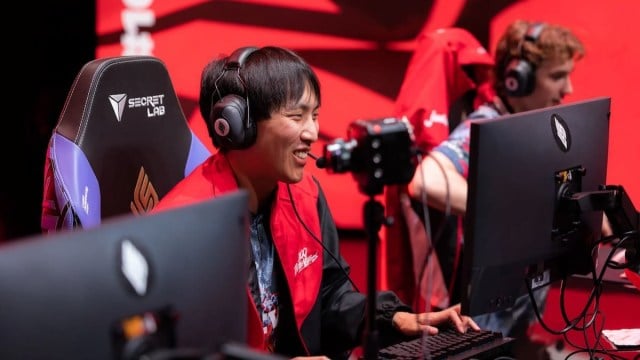
At the time of writing, 100T fields teams in Call of Duty, VALORANT, and League of Legends, competing in the North American LCS in the latter. As far as its brand partnerships go, the organization is collaborating with numerous renowned companies like Adidas, Lexus, AT&T, Heineken, Crocs, and Oakley. With that in mind, it’s hardly surprising to see Nadeshot’s company earning so much from partnerships.
At the same time, he doesn’t want to be too harsh on the industry and doesn’t intend to put it solely in a bad spotlight. However, he underlined how making an esports organization always relies on starting from scratch, which is far from easy and isn’t cheap. “I might sound like esports is a terrible business, we’re making sense of it, but there’s just so much red tape when you’re building a brand and the players even the creators, like you don’t really have any leverage,” Nadeshot said.


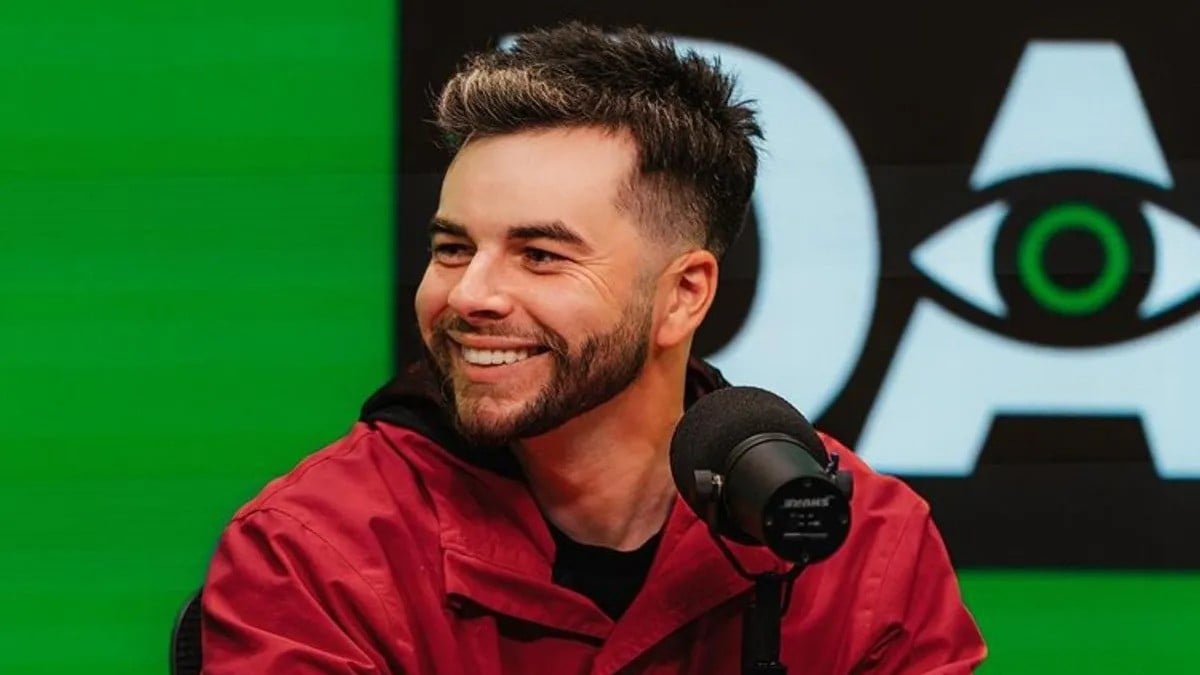
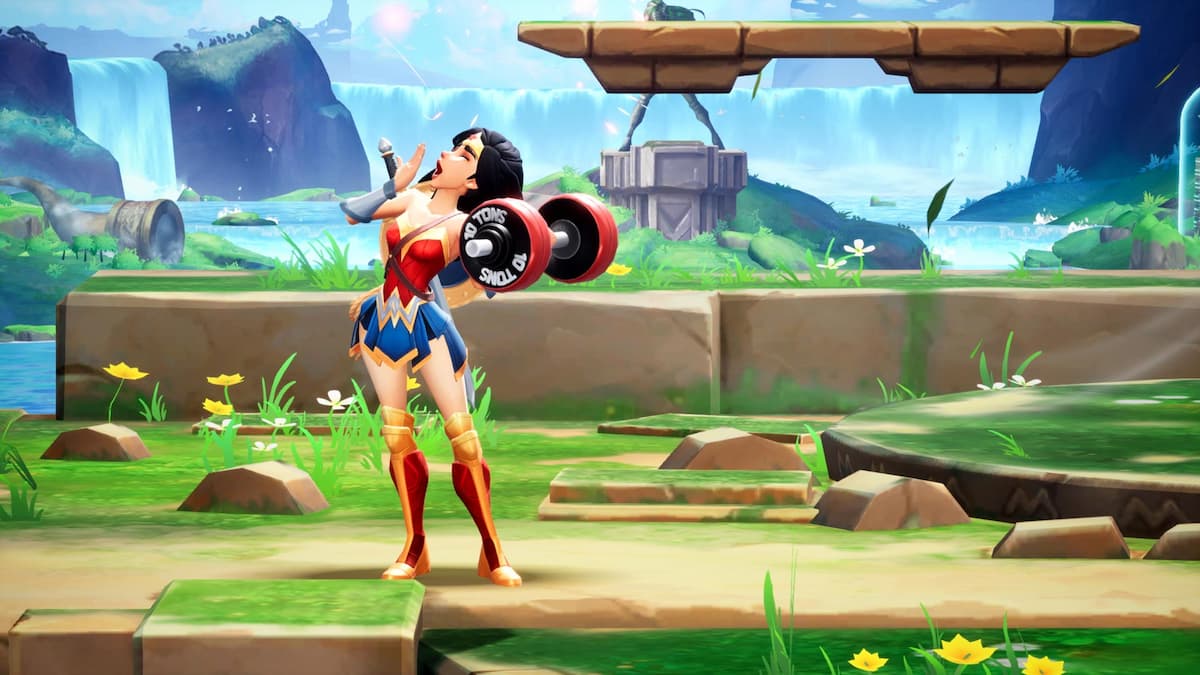

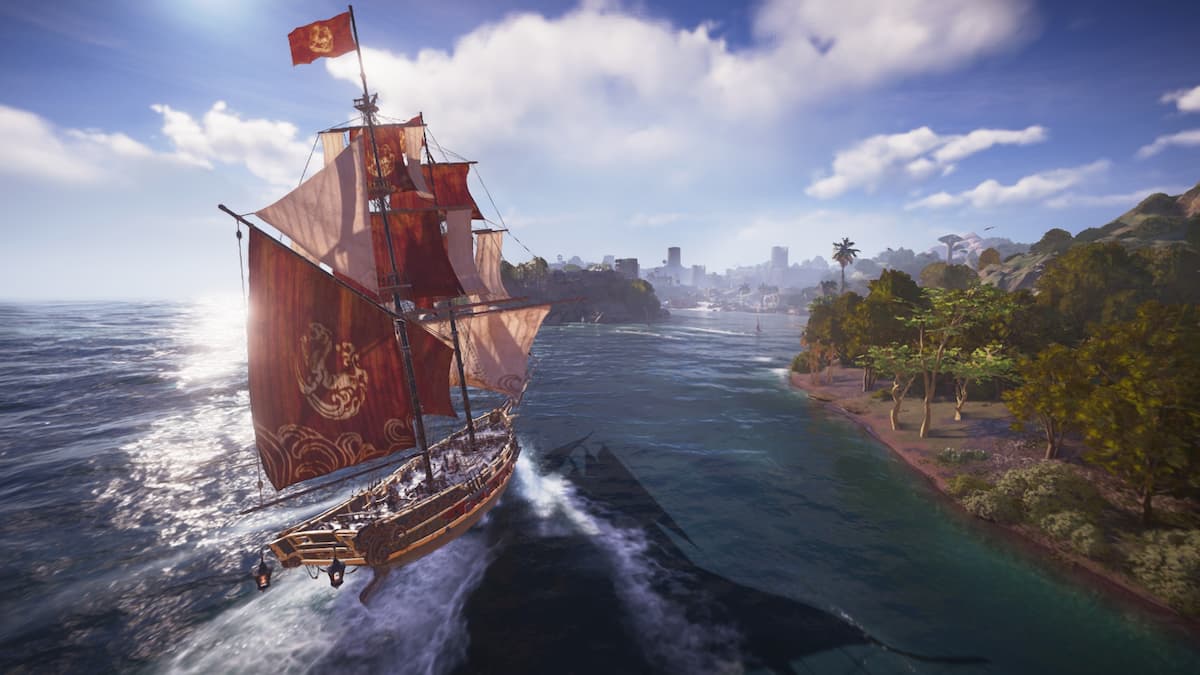
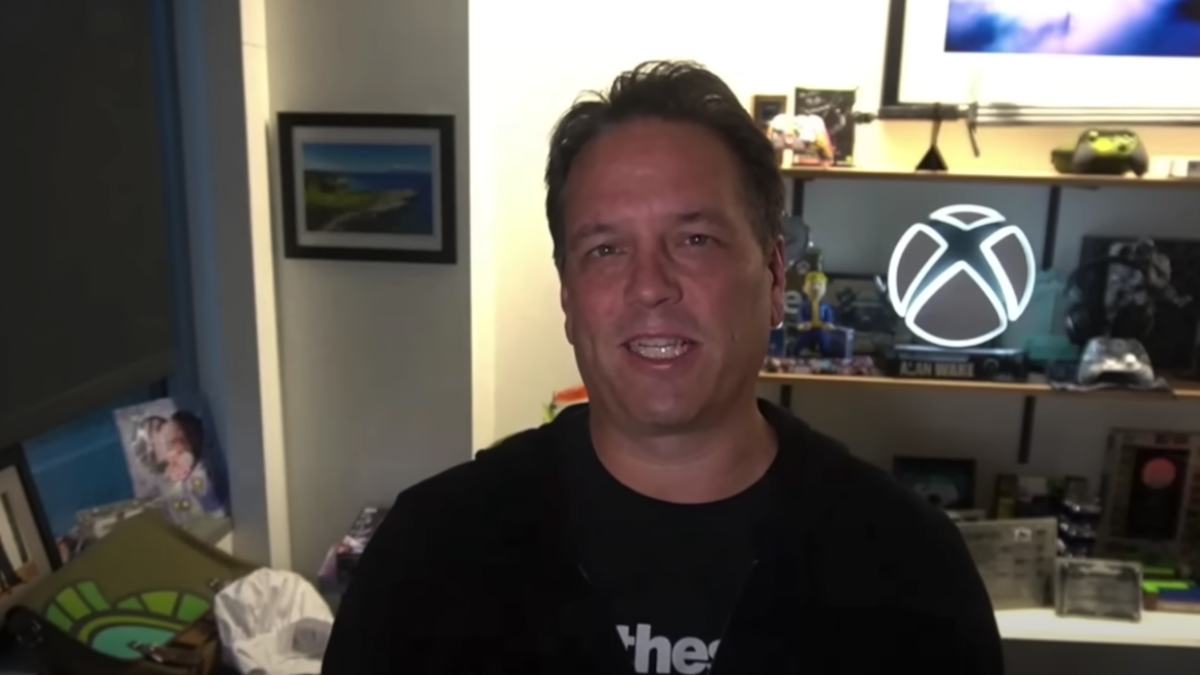
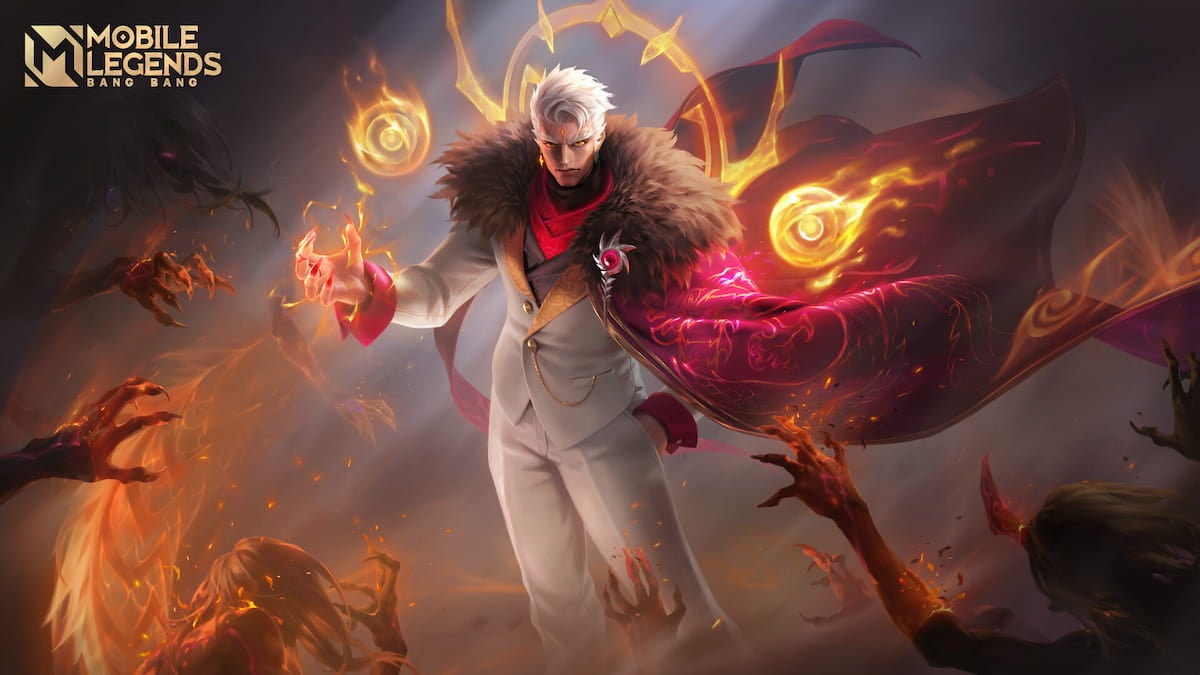
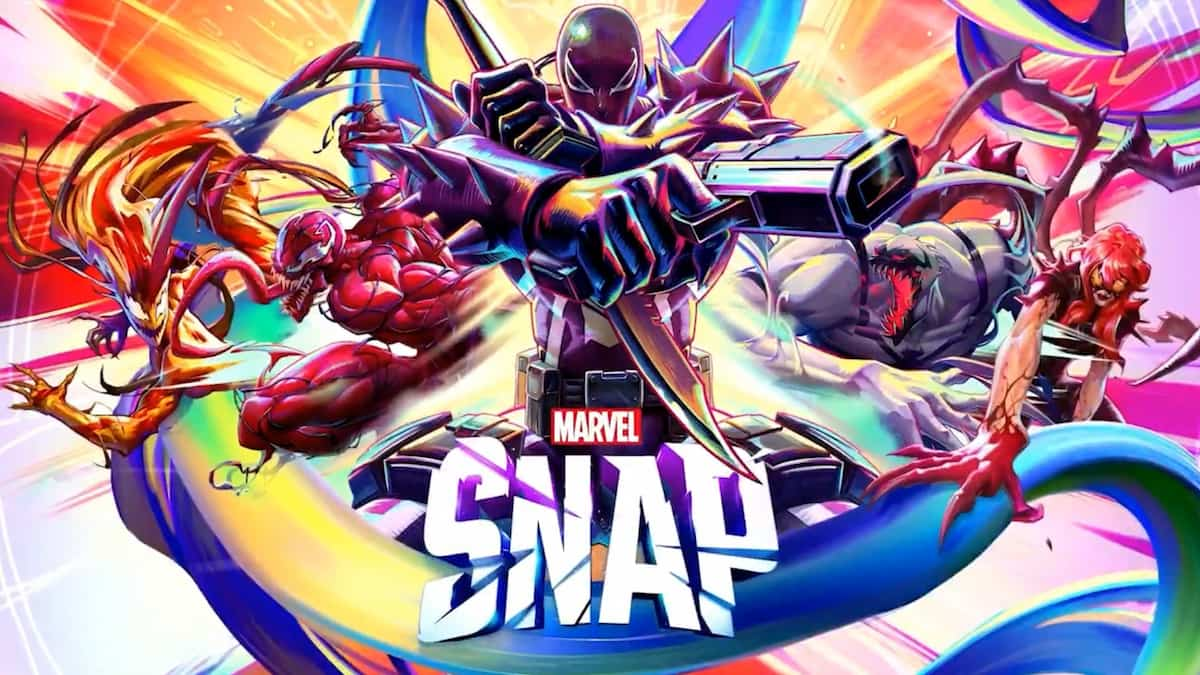

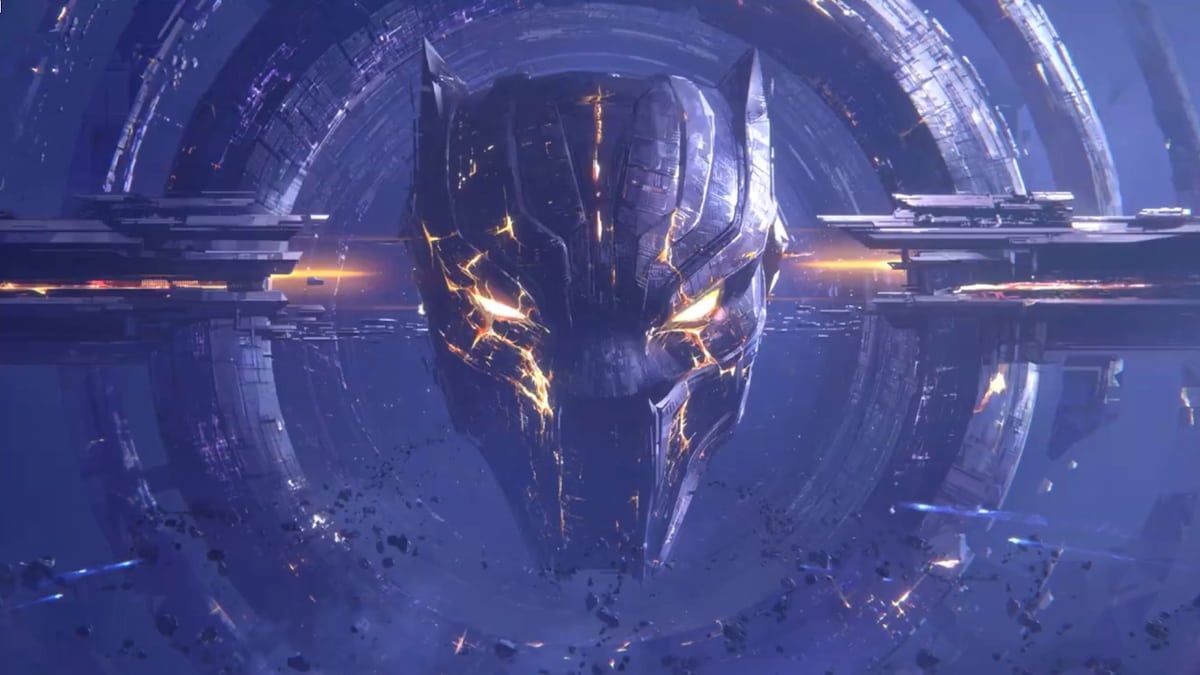


Published: Aug 21, 2024 05:51 am